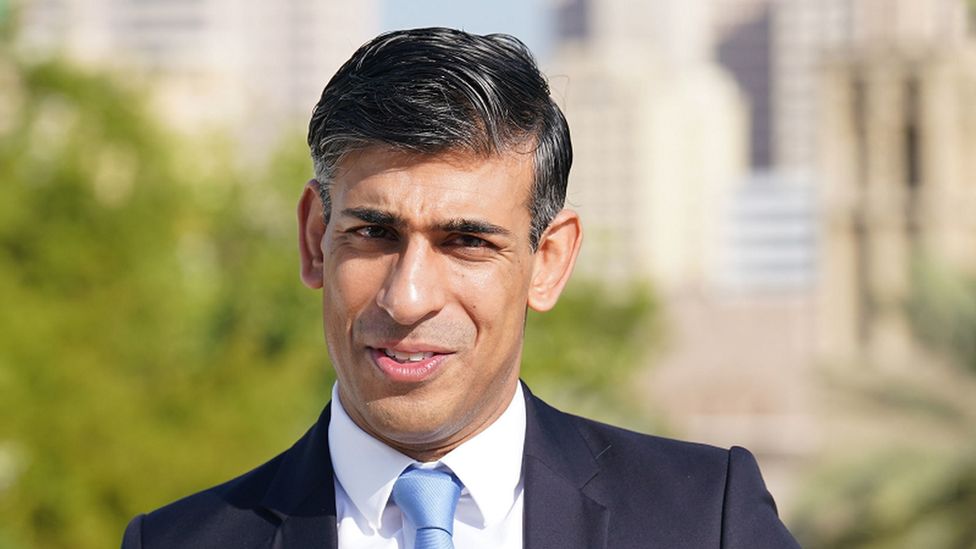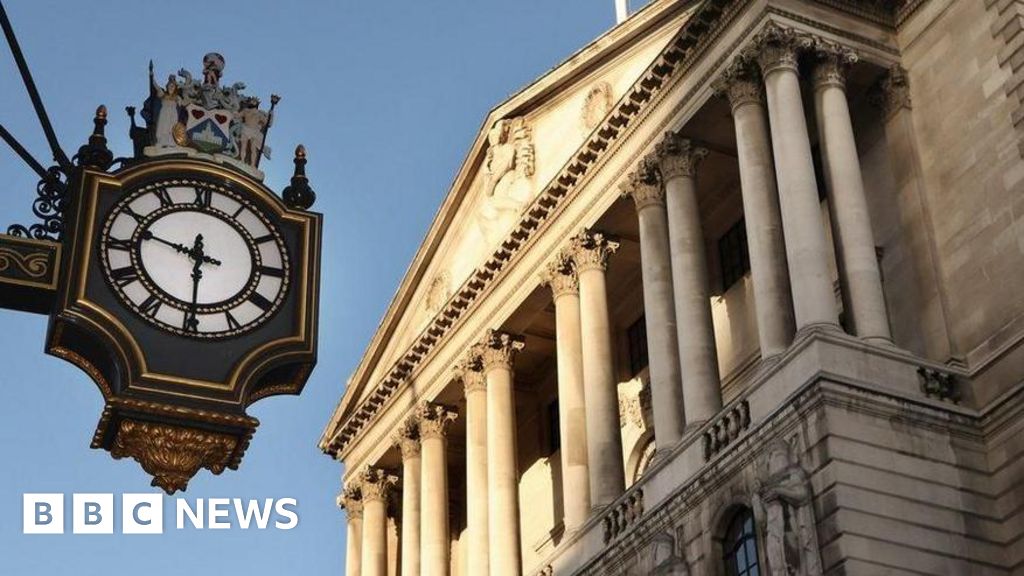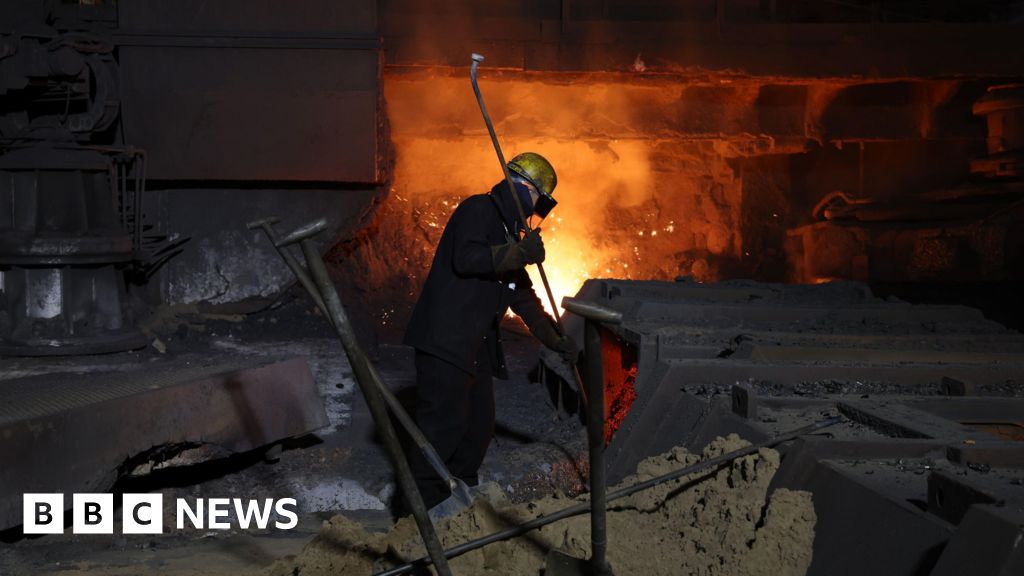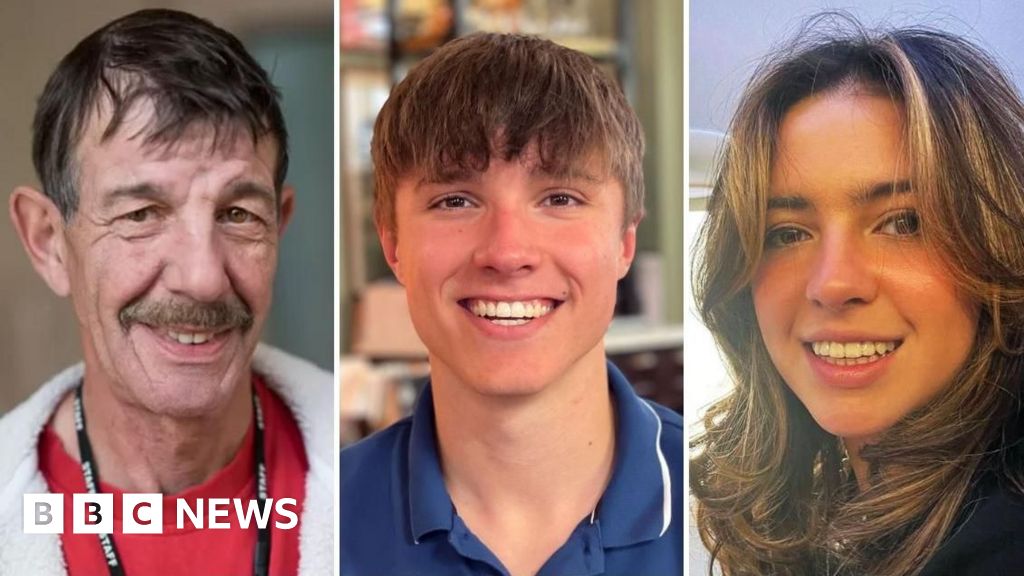ARTICLE AD BOX
 Image source, PA Media
Image source, PA Media
Rishi Sunak
By James Gregory & Hannah Capella
BBC News
The BBC should be "realistic about what it can expect people to pay" for the TV licence fee during times of high inflation, the prime minister has said.
Rishi Sunak said the BBC should "cut its cloth appropriately" and welcomed savings it was looking to make.
The corporation said next year's cost was "unconfirmed" but that it had previously agreed increases in line with inflation to start from 2024.
The PM said final decisions on the future of the fee had not been made.
Asked whether he thought the licence fee was sustainable, Mr Sunak said: "It's really important that when things are difficult, everyone is doing what they can to ease the cost of living on families".
The BBC is looking to make £500 million of savings in the face of high inflation and a two-year freeze to the cost of a TV licence, which provides most of its funding.
Speaking to reporters travelling with him to the COP28 summit in Dubai, Mr Sunak added: "The BBC like any other organisation that serves the public should be looking to do that and cut its cloth appropriately so I think that is very welcome."
The prime minister did not directly say whether he would be limiting the planned increase to the fee.
The BBC announced last week it was cutting back BBC Two's Newsnight programme, in what the National Union of Journalists (NUJ) described as a "major blow to investigative news".
The long-running show will lose its dedicated reporters, be shortened by 10 minutes and drop its investigative films to focus on studio-based debates.
As part of further changes, an extended hour-long edition of BBC News At One TV bulletin will relocate to Salford while BBC Breakfast, also broadcast from Salford, will be extended by an extra 15 minutes a day, the corporation said.
More focus will be put on digital journalism and live coverage across the BBC News division, with a "reduction in the amount of television packaging".
The corporation expects the changes to save £7.5 million.
A BBC spokesperson said: "The government and BBC agreed a six-year licence fee settlement in January 2022, which froze the licence fee for two years with increases in line with inflation from 2024.
"As is usual practice the government sets and confirms the cost of a licence each year and this remains unconfirmed for 2024/25.
"The BBC will continue to focus on what it does best: working to deliver world-class content and providing great value for all audiences."

 1 year ago
35
1 year ago
35








 English (US) ·
English (US) ·